
Tips & Resources
Many people think that when water flows into a storm drain it is treated, but the storm drain system and the sanitary sewer system are not connected. Everything that enters storm drains flows UNTREATED directly into our creeks, rivers, bays, beaches and, ultimately, the ocean. That stormwater often contains contaminants – including chemicals, trash and vehicle fluids – all of which pollute our beaches and harm fish and wildlife.
There are several actions that San Diegans and local businesses can take to prevent stormwater pollution and help reduce the pollution going into storm drains and ensure clean water and clean beaches for all of San Diego.
8 Ways to Reduce Your Pollution
Go Non-Toxic
Use organic or non-toxic fertilizers & pesticides. Don’t fertilize near ditches, gutters or storm drains.

Dispose Properly
Dispose of car oil and grease properly.
Clean Roof Gutters
Clear your roof gutters of debris so water can flow smoothly.

Pick Up The Poop
Properly dispose of all pet waste.
Wash Responsibly
Wash your car at a commercial wash instead of in your driveway or alley.

Use Native Plants
Consider incorporating native plants into your landscaping to absorb excess rainwater.

Use The Green Bin
Do not sweep leaves into the street or storm drain; instead, place yard clippings in appropriate waste containers.
Don’t Dump
Don’t dump household cleaners, paint products or motor oil on the ground – all paths lead to the ocean!
8 Ways Businesses Can Reduce Pollution

Keep Lids Closed
Keep dumpsters in good condition with lids closed so there is no contaminants leakage
Stop Runoff
Hazardous waste materials should have secondary containment barriers to stop runoff

Don’t Hose Down
Do not hose down dirty paved areas surrounding a dumpster or other trash containers.

Post Reminders
Post signs to remind employees of pollution prevention best practices.

Hire Professionals
Professional cleaning is required to dispose of wastewater at approved facilities

Take Inventory
To prevent accidental spills, take inventory of where your business stores, handles and disposes of chemicals
Clean Up spills
Have a plan to clean up spills quickly and safely

Use Eco-Friendly Cleaners
Switch to non-toxic, eco-friendly cleaning alternatives
Stormwater Fact Sheets
The Importance of Stormwater Management
Stormwater infrastructure is important but often underappreciated because much of the equipment and facilities are located underground. Learn more about how that infrastructure is managed with the goal of reducing neighborhood flooding and pollution.
Best Management Practices to Reduce Pollution
Contain, Control, Capture
Follow the three C’s – contain, control and capture – to be proactive in stopping pollution. Utilize these best practices when you perform the following activities because it is much easier to prevent pollution than to clean it up once it has occurred.
- Air Conditioning Condensate | Español
- Auto Fluids | Español
- Car and Boat Washing | Español
- Cleaning Pavement | Español
- Commercial Outdoor Storage
- Construction Waste | Español
- Curb Cuts
- Erosion and Sediment | Español
- Fire Sprinkler | Español
- Flood Preparedness | Español
- Floor Mat Cleaning | Español
- Good Housekeeping | Español
- Illicit Connections | Español
- Irrigation Runoff | Español
- Landscape Waste | Español
- Mobile Businesses
- Pet Waste | Español
- Pools & Spas | Español
- Pressure Washing | Español
- Process and Wash Water | Español
- Secondary Containment
- Sewage Overflow | Español
- Spill Management | Español
- Storm Drain Protection | Español
- Trash Cans and Dumpsters | Español
Rebate Opportunities
Making Water-Saving Options More Affordable
There are several Rainwater Harvesting rebates available that incentivize San Diegans to take their own actions to stop water waste and reuse stormwater. Check out the offers below from the City of San Diego and the Metropolitan Water District (MWD) of Southern California. These are the same rebate offers available through the Public Utilities Department’s WasteNoWater.org webpage.
Downspout Redirects
Devices that redirect rainwater to a landscaped area that naturally filters runoff. Up to a $40 rebate per redirect. (Las instrucciones en español de la solicitud enviable por correo se encuentran a continuación).
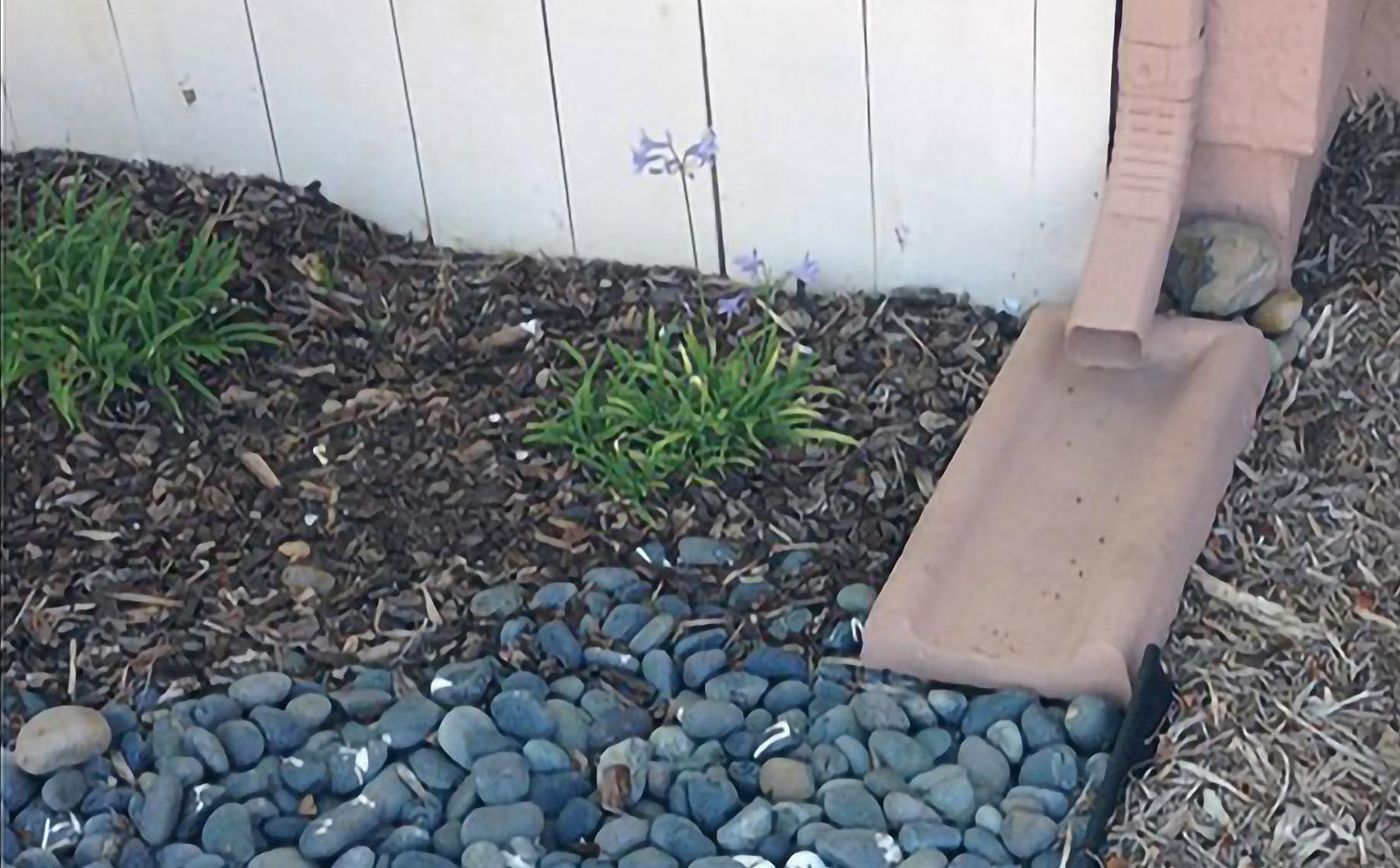
Rain Barrels & Cisterns
Used to capture rainwater from hard surfaces, such as rooftops, to conserve water for irrigation. Rebates of up to $800 per property. (Las instrucciones en español de la solicitud enviable por correo se encuentran a continuación).
Read the Rebate Guide. (Español)
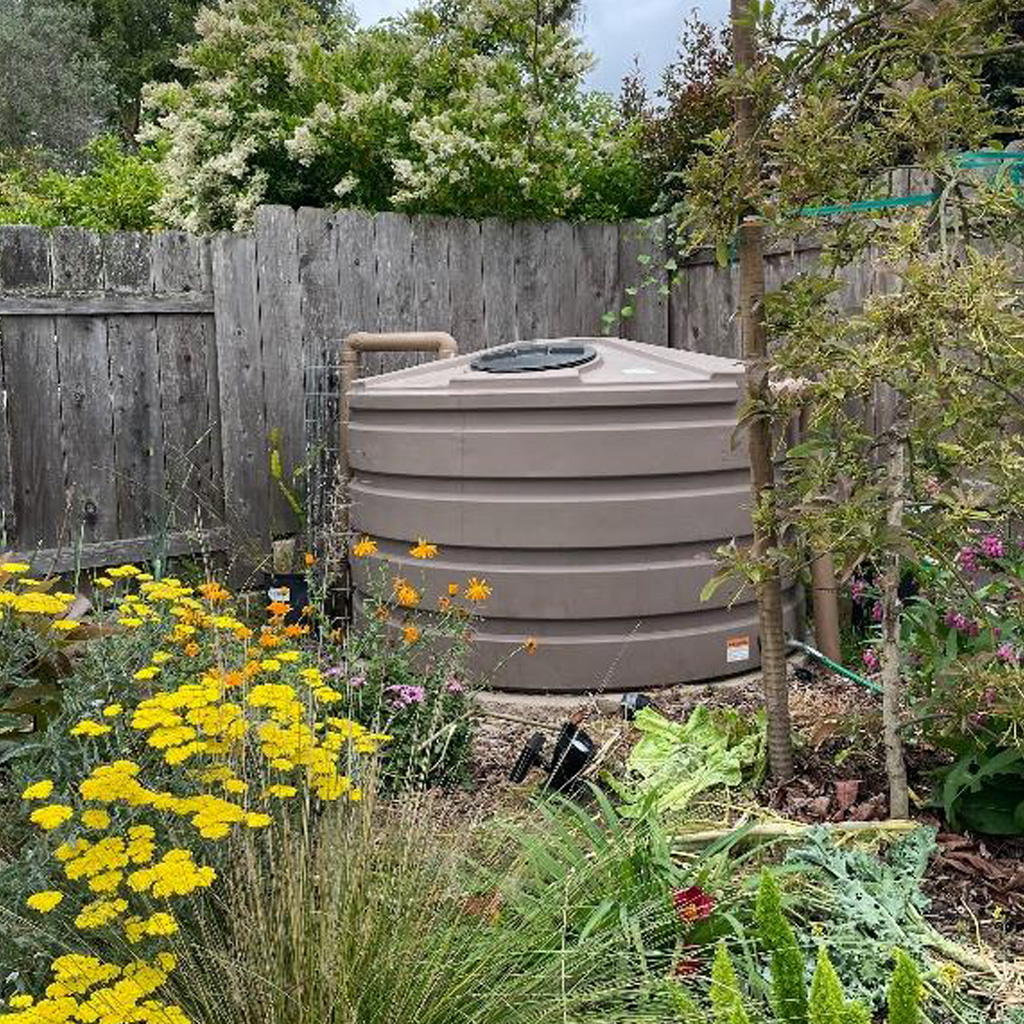
Rain Gutters
Captures rainwater from rooftops and diverts it to a rain barrel or landscaped area that naturally filters runoff. Rebates of up to $500 per property.
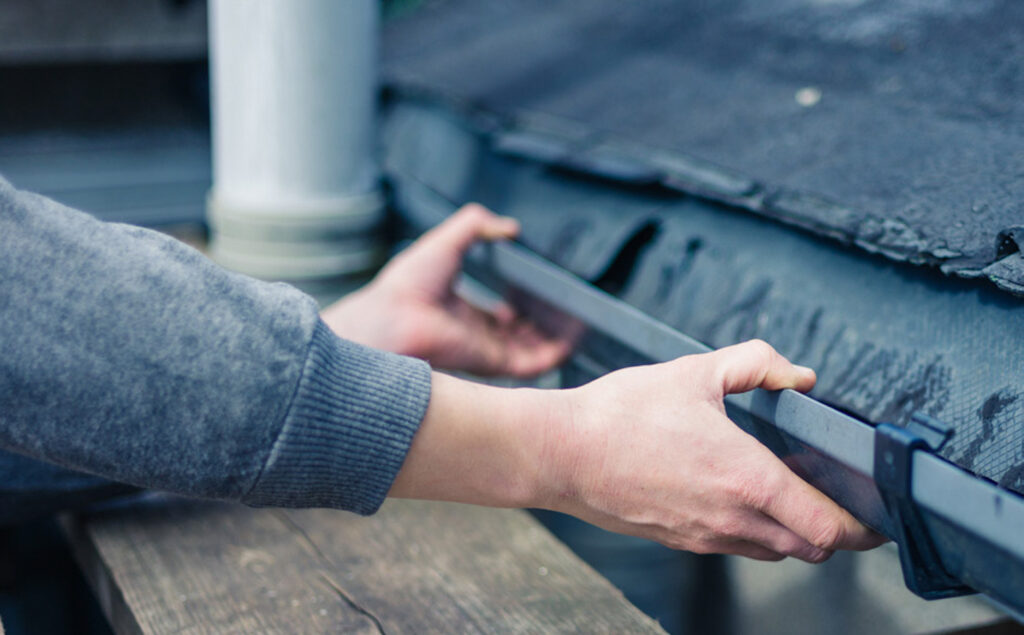
Mail-in Rebate Application
If you would prefer, you can print and mail-in this application for rain barrel/cistern, downspout redirect and rain gutter rebates. Please note that mail-in applications may take additional processing time.
Solicitud en idioma español:
Puede imprimir la solicitud y enviarla por correo al Public Utilities Department al 525 B Street, Suite 400, San Diego, CA 92101. Ó rellene la solicitud en línea y envíela por correo electrónico al Departamento de Servicios Públicos a WaterConservationRebates@sandiego.gov. Acceda a la solicitud PDF imprimible y rellenable.
Landscape Transformation Program Turfgrass Replacement Rebate:
SoCal Water$mart
The MWD offers a variety of rebates for Southern California residents, including for turf replacement, weather-based irrigation control systems and more.
Free Mulch
This reliable, cost-effective product can help with erosion control and water retention. Available for free at the Miramar Greenery.
Need Assistance or Have Questions about Rebates?
Please contact the Public Utilities Department Water Conservation at 619-980-9754 or waterconservationrebates@sandiego.gov.